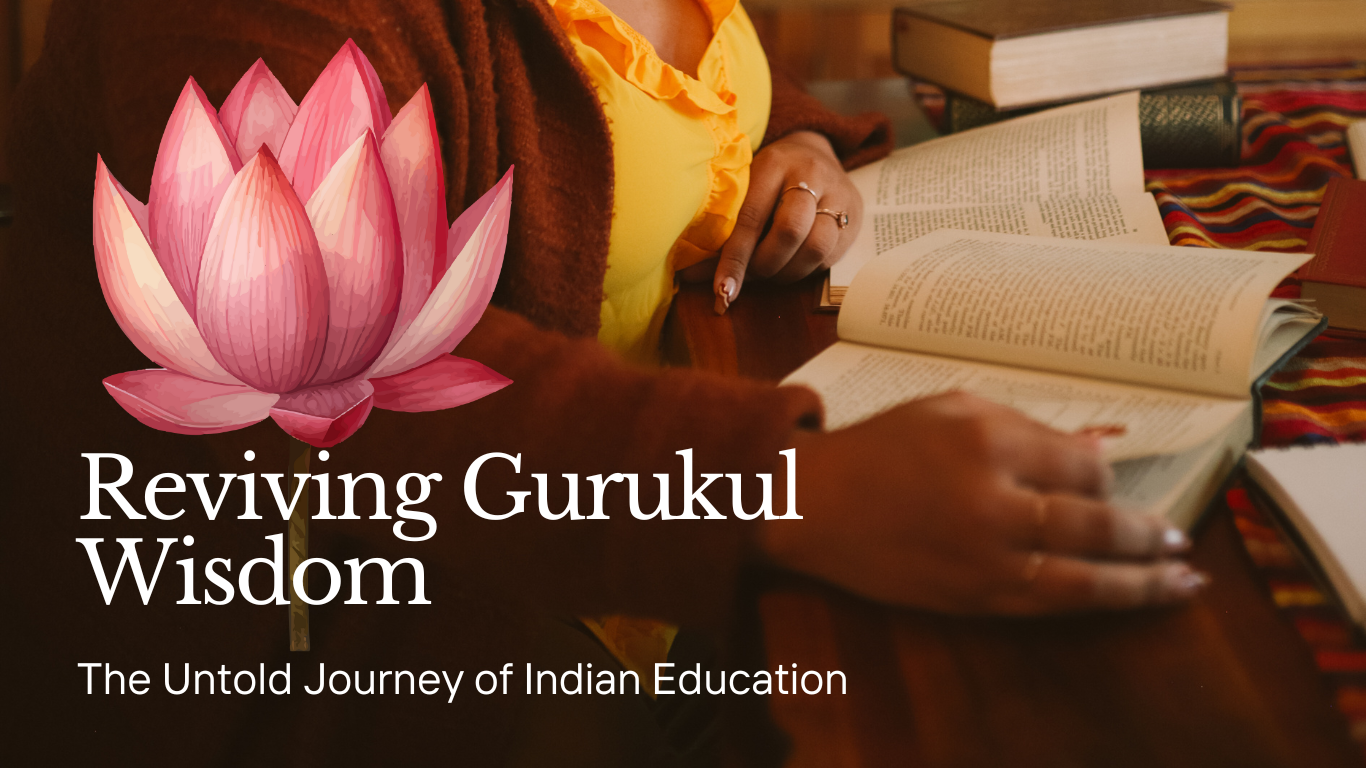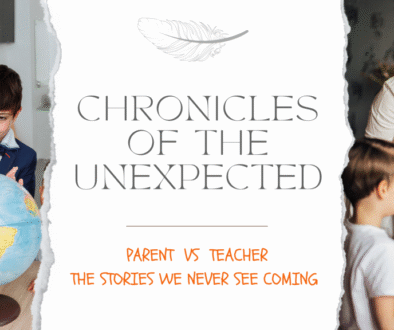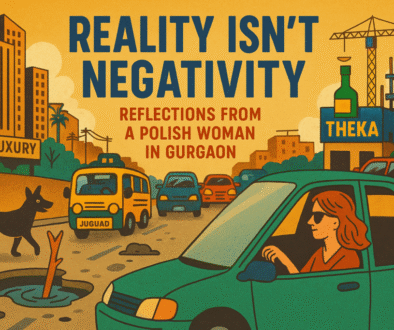
Reviving the Gurukul Wisdom
Rediscovering India’s Education Gems: A Thought from a Curious Outsider
India—the land of wisdom, seekers, and profound knowledge—once had an education system deeply rooted in ethics, spirituality, and experiential learning, influencing global education trends that now embrace holistic and student-centered approaches. The Gurukul system wasn’t just about acquiring knowledge; it was about nurturing wisdom, curiosity, and adaptability—preparing individuals to live with integrity and purpose. Education wasn’t a means to an end; it was a sacred journey of self-discovery and a bridge to the higher self.
A Legacy of Learning: The Ancient Gurukul System
In ancient India, learning was a way of life. The Gurukuls were not just schools; they were ecosystems where students lived with their teachers, absorbing knowledge through practice, inquiry, and real-world applications. Subjects ranged from mathematics, astronomy, and philosophy to ethics, meditation, and spirituality.
The goal wasn’t just to know but to embody knowledge—to apply it in daily life and grow as conscious, ethical human beings. Teachers (Gurus) weren’t mere instructors; they were mentors, guiding students in both intellectual and personal growth. Education was shared freely, seen as a duty, not a commodity. The focus was on wisdom, understanding, and lifelong learning, not on grades or certifications. The relationship between the teacher and student was built on mutual respect, trust, and a shared goal of applying learned principles to enhance both individual and societal well-being.
The Shift: Colonial Influence and the Loss of Holistic Learning
So, what changed? Why did this deeply integrated, wisdom-driven system give way to today’s rigid, exam-oriented structure? The answer lies in the colonial era. When the British arrived, they introduced an education model designed to serve their own administrative needs.
Lord Macaulay’s 1835 Minute on Education reshaped the Indian curriculum, introducing English-language schooling aimed at producing followers rather than independent thinkers, ultimately stifling indigenous innovation and self-sufficiency in education. The traditional system, which nurtured creativity and self-awareness, was replaced with rote learning and memorization. Education became less about exploration and more about control, dividing society into castes of the “educated” and “uneducated.” This shift moved India away from its own heritage, prioritizing grades and compliance over curiosity and wisdom.
Where Are We Now?
Today, India is home to some of the world’s brightest minds, yet its education system still bears the marks of colonial influence. The irony? The world is now embracing the very concepts India once mastered—holistic education, experiential learning, and student-centered teaching. Progressive Indian educators are working to reclaim these methods, with schools like Isha Home School and Art of Living Schools integrating experiential inquiry-based learning, values education, and mindfulness into their curricula. While Finland and other nations incorporate mindfulness, creativity, and real-world problem-solving into their schools, India is still caught between its rich educational heritage and a system inherited from its colonial past.
However, signs of revival are emerging. Schools inspired by figures like Sri Sri Ravi Shankar, Swami Vivekananda, and Maharishi Mahesh Yogi are blending ancient wisdom with modern education, proving that it is possible to bring back the Gurukul spirit in a contemporary setting. Some progressive institutions are also integrating experiential learning, values-based education, and critical thinking—small but significant steps toward a more balanced approach.
A Note to My Indian Friends
India has always been a land of seekers, and that spirit deserves to be revived. Imagine an education system that nurtures ethical, creative, and spiritually aware individuals—people who don’t just accumulate knowledge but apply it to life, grow from it, and share it generously.
This reflection comes from a place of deep admiration. At times, my belief in what real education should be—joyful, meaningful, and curiosity-driven—makes it hard for me to thrive in today’s structured systems. Some days, I feel like a fish being asked to climb a tree. But I believe in the power of conversations and change. If we revive even a fraction of the Gurukul spirit, we could unlock an educational renaissance—one that truly belongs to India.
What do you think? Can India reclaim its educational wisdom and lead the world once again?


